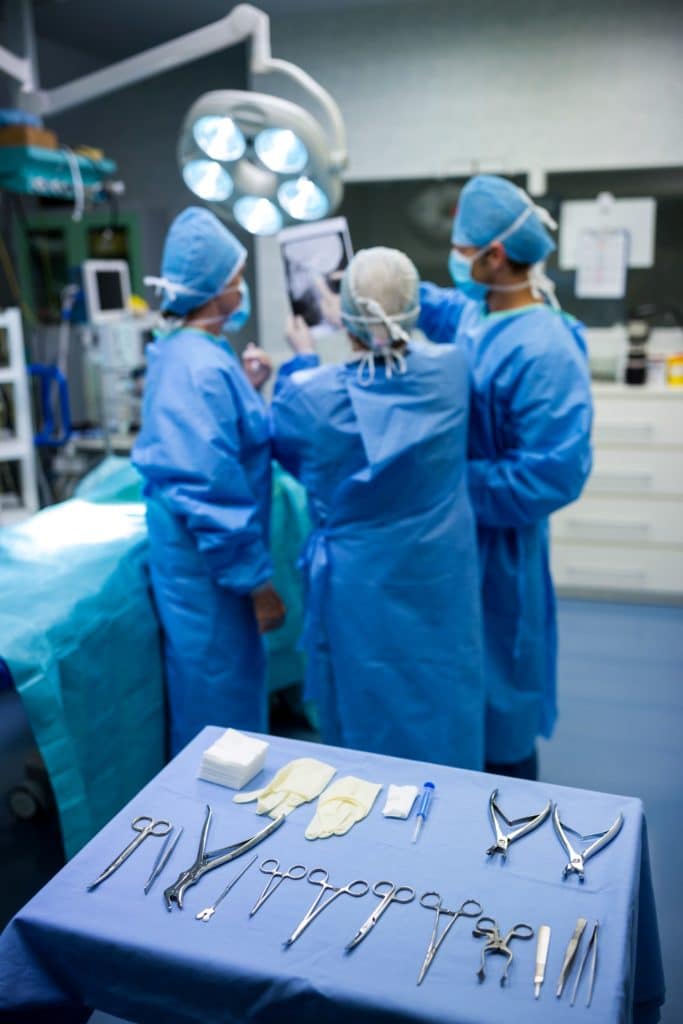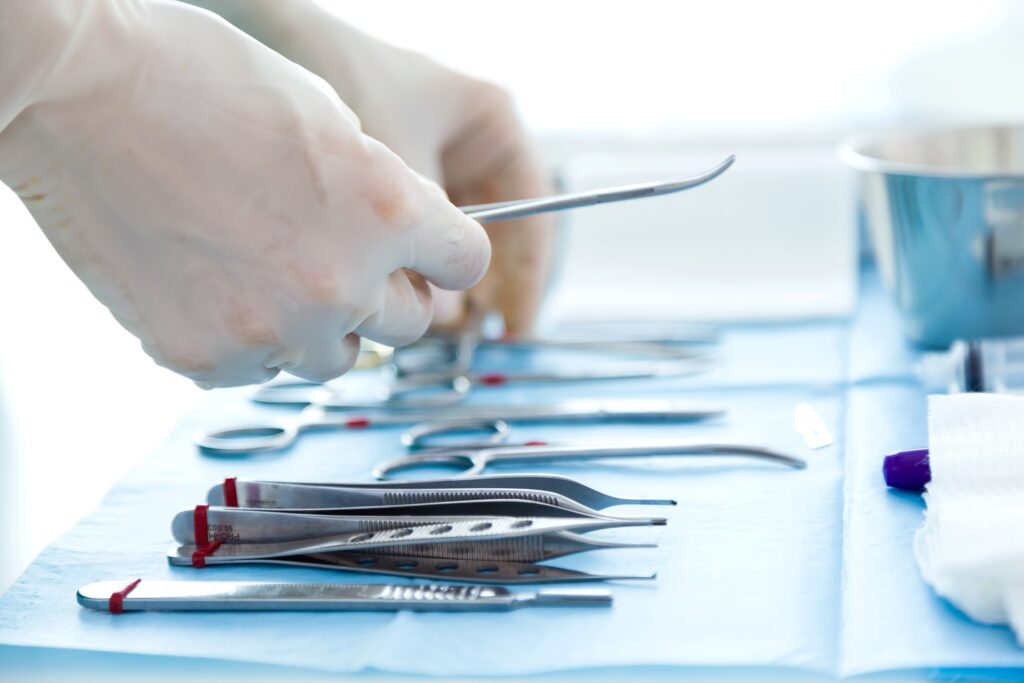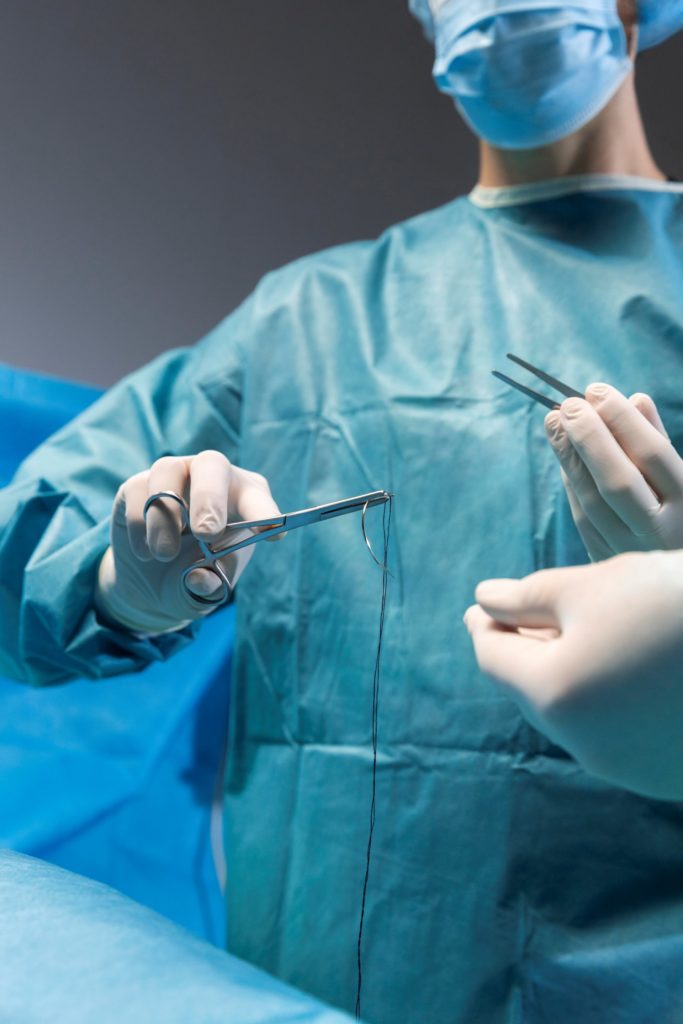+41 22 366 96 04
+41 22 366 96 04
Dr. Corniola is a specialist in cranial and spinal neurosurgery, and treats herniated discs. He holds a specialist diploma in spinal surgery from the FMH and spent two and a half years training in complex skull base surgery and vascular neurosurgery.


Herniated discs are a neurosurgical pathology and a frequent reason for referral to a neurosurgical specialist. Resulting from degeneration of the intervertebral disc, which compresses a nerve root, it causes pain in the arms or legs, as well as sensory or motor problems.
Its main features are :
Herniated discs are not always treated surgically. However, in the event of severe pain, paralysis or significant discomfort, the hernia must be surgically removed.

Marco V. Corniola, Neurosurgeon FMH, studied at the Faculty of Medicine of the University of Geneva. After an internship in neurosurgery and otorhinolaryngology at the University Hospital of Lausanne, he obtained his FMH Neurosurgeon title in 2016.
Head of clinic at the University Hospitals from 2016, he undertakes a cycle of research on intracranial meningiomas, obtaining the title of Privat Docent from the Geneva Faculty of Medicine.
A member of the Swiss Society of Neurosurgery, attracted by research, innovation and the opportunity to combine technological research with cutting-edge surgery, in 2021 he became Associate Professor at the Faculty of Medicine in Rennes, then Head of Department at the University Hospital in Rennes until 2023.


The intervertebral disc is made up of water and collagen. It is not vascularized. Over the years, the disc loses its water content (known as dehydration) and becomes more fragile. Its envelope (the annulus fibrosus) may rupture, and the disc comes out of its seat.
Here’s how to diagnose a herniated disc:
When the criteria for emergency surgery are not met, conservative treatment is the first-line therapy. If radicular pain remains unrelieved after four to six months, in-patient surgical treatment is considered.
If you lose strength, have difficulty holding your urine or if painkillers don’t help.
In very specific cases, infiltration can relieve pain, either temporarily or permanently. Your neurosurgeon will refer you to this procedure if you are eligible.
Not particularly. As with any surgery, there is a small risk of post-operative hematoma and infection.
A neurosurgeon is the right specialist to treat a herniated disc. This back pathology occurs when the gelatinous nucleus inside the intervertebral disc passes through its outer ring, exerting pressure on the nerves or spinal cord. Patients suffering from herniated discs may experience pain, numbness or weakness in the limbs. In cases of herniated discs requiring intervention, surgery may be recommended to relieve compression of the nerves or spinal cord. Neurosurgeons specializing in spinal trauma are trained to treat these back conditions using advanced surgical techniques to access the spinal canal and treat the herniated disc in question. For more information on the techniques and treatments available, it is advisable to consult a neurosurgeon specializing in spinal and nerve pathologies.
Pour offrir les meilleures expériences, nous utilisons des technologies telles que les cookies pour stocker et/ou accéder aux informations sur l'appareil. Le consentement à ces technologies nous permettra de traiter des données telles que le comportement de navigation ou des identifiants uniques sur ce site. Le fait de ne pas consentir ou de retirer son consentement peut affecter négativement certaines caractéristiques et fonctions.